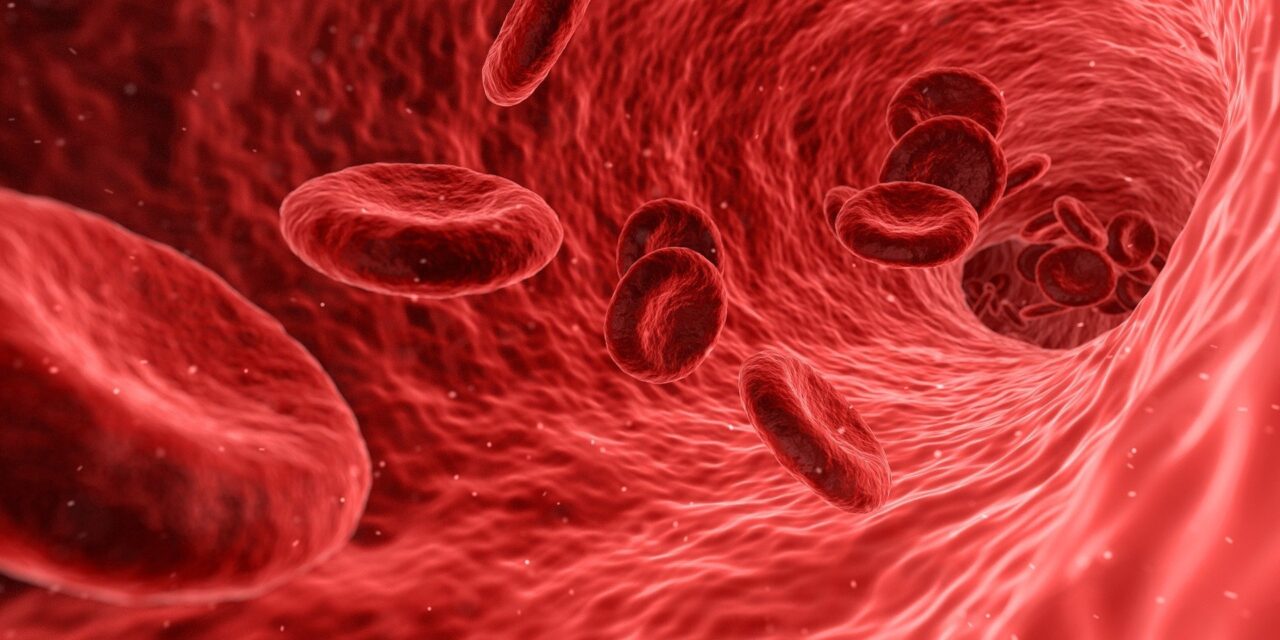A groundbreaking study led by researchers from the University of Exeter has uncovered a genetic explanation for why individuals who lack a specific blood group may be predisposed to obesity. Published in Med, the research reveals that people with a genetic variant affecting the SMIM1 gene tend to have higher body weights due to reduced energy expenditure during rest.
The SMIM1 gene, originally identified in the quest to understand the Vel blood group antigen, has emerged as a crucial factor influencing metabolic processes. Approximately one in 5,000 individuals lack both copies of this gene, making them Vel-negative. The study, conducted in collaboration with institutions including the University of Cambridge, Sanger Institute, Copenhagen University, and Lund University, sheds light on how this genetic variant contributes to obesity-related traits.
Lead author Mattia Frontini, Associate Professor of Cell Biology at the University of Exeter Medical School, highlighted the global significance of the findings: “As obesity rates continue to rise worldwide, understanding genetic factors like SMIM1 could pave the way for targeted treatments. This could alleviate the health and economic burden associated with obesity-related diseases.”
The research analyzed genetic data from nearly 500,000 participants in the UK Biobank, identifying 104 individuals with the SMIM1 variant linked to reduced gene function. Detailed examinations revealed that these individuals exhibited higher levels of blood lipids, signs of dysfunctional fat tissue, elevated liver enzymes, and lower thyroid hormone levels—all factors associated with obesity.
Co-author Jill Storry from Lund University expressed enthusiasm about the broader implications of the findings: “Discovering SMIM1’s role beyond blood group identification opens new avenues for understanding human metabolism.”
The study’s findings suggest that individuals with the SMIM1 variant could carry an average of 4.6 kg more weight in females and 2.4 kg more in males. Co-author Professor Ole Pedersen from the University of Copenhagen emphasized the team’s anticipation for translating this knowledge into practical applications for affected individuals.
Dr. Luca Stefanucci, first author from the University of Cambridge, emphasized the importance of integrating genetic insights into healthcare strategies: “With advancing genetic technologies, identifying individuals lacking SMIM1 can guide personalized health interventions.”
The collaboration utilized resources from the NIHR National BioResource and NHS Blood and Transplant, underscoring the significance of community engagement in genetic research. The study underscores the importance of genetic factors in obesity and the potential for personalized treatments based on individual genetic profiles.
For more details on the study, titled “SMIM1 absence is associated with reduced energy expenditure and excess weight,” please refer to the publication in Med (2024).











